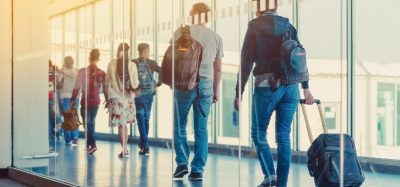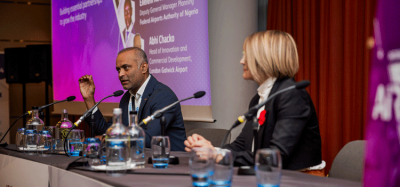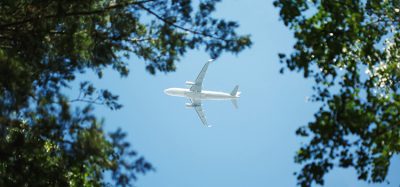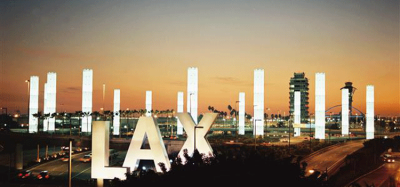‘No mask’ policy could hinder recovery of aviation and travel industries, health experts warn
Posted: 7 July 2021 | International Airport Review | No comments yet
Health experts have stressed that the policy for face coverings to be worn on a ‘personal choice’ basis could cause a ‘setback’ for the aviation and travel industries to the start of the pandemic.
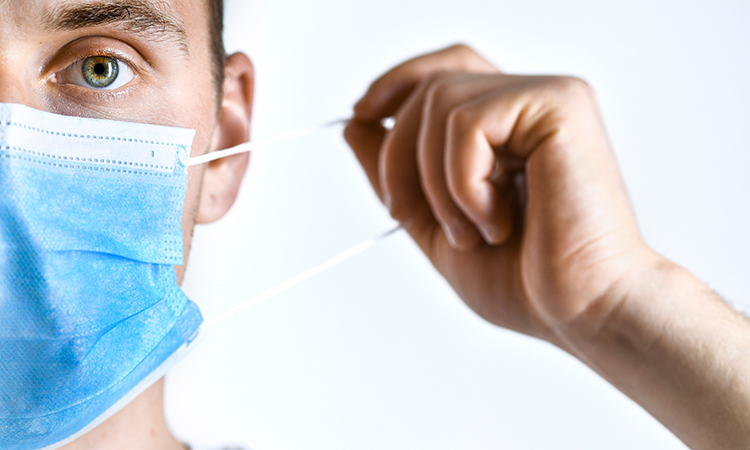

The British healthcare and testing company that provides rapid PCR testing for airline passengers at Liverpool John Lennon Airport (LPL), Salutaris People – in partnership with the Test Assurance Group (TAG) and Liverpool John Lennon Airport – has warned that a ‘no mask’ policy for air travel could ignite a ‘setback’ for the airline and travel industry to the start of the pandemic.
Salutaris People has warned that it is too early for airline passengers to be able to travel mask-free while the UK was still in the height of its vaccination programme, with a further 23 million people still not vaccinated. It added that airlines and governments were ‘setting a very dangerous precedent by allowing passengers not to wear masks for air travel’.
It is well documented that the initial spread of COVID-19 from an epidemic to a pandemic was fuelled by international air travel, with the virus mutating and infecting a large number of people in close proximity on aircraft and then spreading exponentially.
Ben Paglia, Managing Director of AKEA Life, the clinical testing partner to Salutaris People, said: “Until we have a UK and global programme of vaccination in full flow, whereby a person has had two doses of a vaccination, then airline passengers should be advised to wear a mask during their transit and flight. It is a very dangerous and reckless precedent to allow a plane full of passengers to travel without face masks or coverings.”
“Despite the amazing success of the vaccine, we do know that you can still catch COVID-19 and infect other people. As there are still around 23 million people in the UK to be vaccinated, this presents a continued major health problem in the UK, as it affects the younger population. We also don’t know the longer-term effectiveness of the vaccines yet and how long vaccine immunity could provide protection for. Allowing passengers to travel without wearing masks could potentially set us back to the start of the pandemic, when all air travel was banned,” he added.
Paglia concluded: “It would be sensible to allow people to not wear face masks in certain settings, but, where you have public transport and air travel, or confined spaces and large gatherings, it is wise to help to reduce infections and transmission of the virus.”
COVID-19 infections continue to rise on a daily basis, along with increased hospital admissions, as 27,334 people tested positive for the virus on 5 July 2021. The Delta variant continues to dominate infection rates, with infections doubling in cities and counties across the UK. Newcastle Upon Tyne, Dundee, Suffolk and Essex have all reported significant increases in their infection rates. It is predicted that infection rates could increase to as much as 50,000 by 19 July 2021.
The concern is that, if all airline passengers are allowed to travel mask-free, then there is the very real possibility that infection rates could accelerate and reverse all of the preventative measures that have been put in place by the UK government – and, effectively, lead to another shutdown on international air travel.
Salutaris People advocates that the safest way to continue the lifting of restrictions is to increase the vaccine rollout, increase PCR testing and continue to maintain the wearing of face masks on public transport, during air travel, in confined spaces and in large-scale gatherings.
Dr Brendan Payne, Consultant Virologist and Infectious Diseases Physician to AKEA Life, said: “I think that the ‘personal choice’ concept of wearing a face mask makes no sense from a public health perspective. Standard face masks mainly protect other people from the wearer, rather than the wearer from other people. Therefore, you are actually asking that people make a personal choice on behalf of other people!”
“I certainly think that it is wise for airline passengers to continue wearing masks for air travel for the foreseeable future, until we have a fully effective global vaccination programme covered. Not only would this be for their own safety and peace of mind, but also for being considerate to other passengers. When you have several hundred people on an aircraft, closely seated in confined spaces, some of whom have been vaccinated and others not, it is entirely sensible to maintain a cautious approach by wearing masks,” he added.
Dr Payne concluded: “Personally, I would have liked to see guidance from the UK government that at least you continue to wear a mask until you’ve had two doses of vaccine. This is similar to what the Centers for Disease Control and Prevention (CDC) are stating in the U.S. It is impossible to enforce, but would have been a sensible message.”
New report from International Airport Review: Securing Airports in an Evolving Threat Landscape
International Airport Review has brought together top voices from across the global aviation security sector, including International Civil Aviation Organization (ICAO), ACI World, Fraport, Qatar Civil Aviation Authority, Winnipeg Airports Authority, and Smiths Detection to examine today’s most pressing airport security challenges and emerging threats.
This expert-led report provides a strategic assessment of the vulnerabilities facing airports in 2025, encompassing cyber-attacks, drone incursions, evolving geopolitical risks, and emerging technologies.
The result is a practical, insightful guide to strengthening airport resilience, anticipating risks before they escalate, and keeping your airport off the front page
Download the report for free and stay ahead of the security curve – READ FOR FREE NOW!
Related topics
Airport crisis management, COVID-19, Passenger experience and seamless travel, Regulation and Legislation, Safety
Related airports
Related organisations
Centers for Disease Control and Prevention (CDC), UK Government



